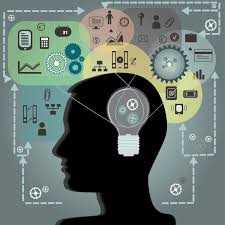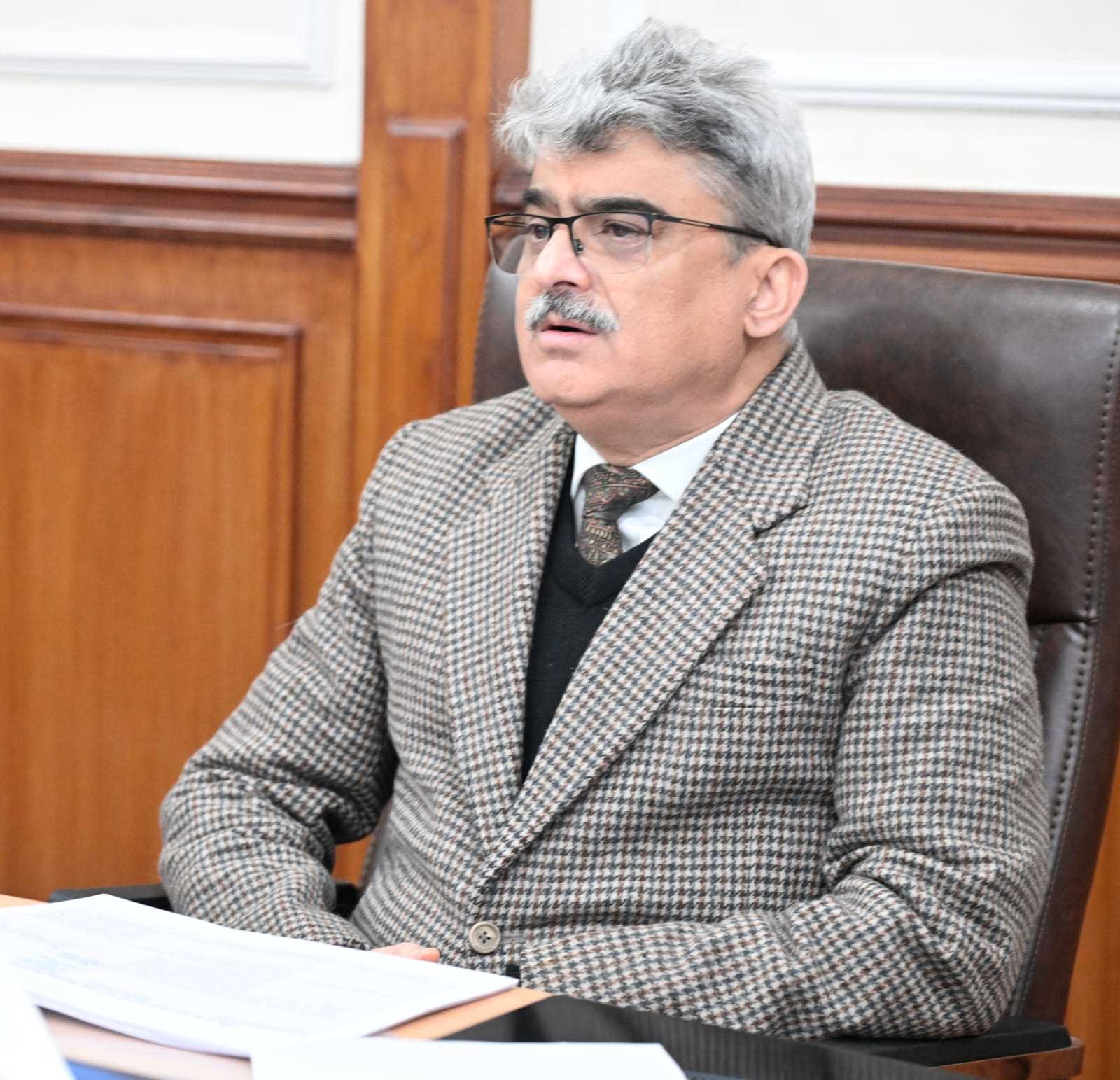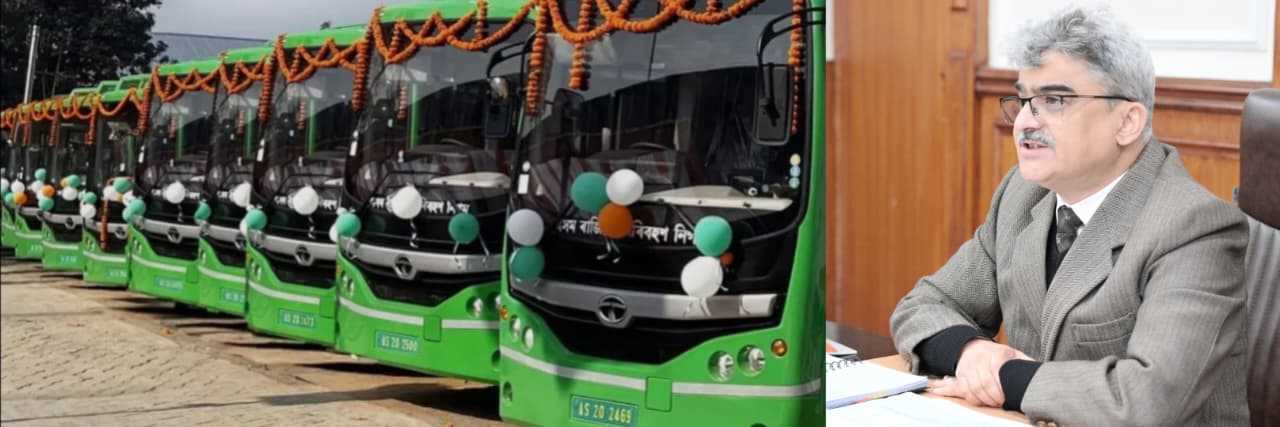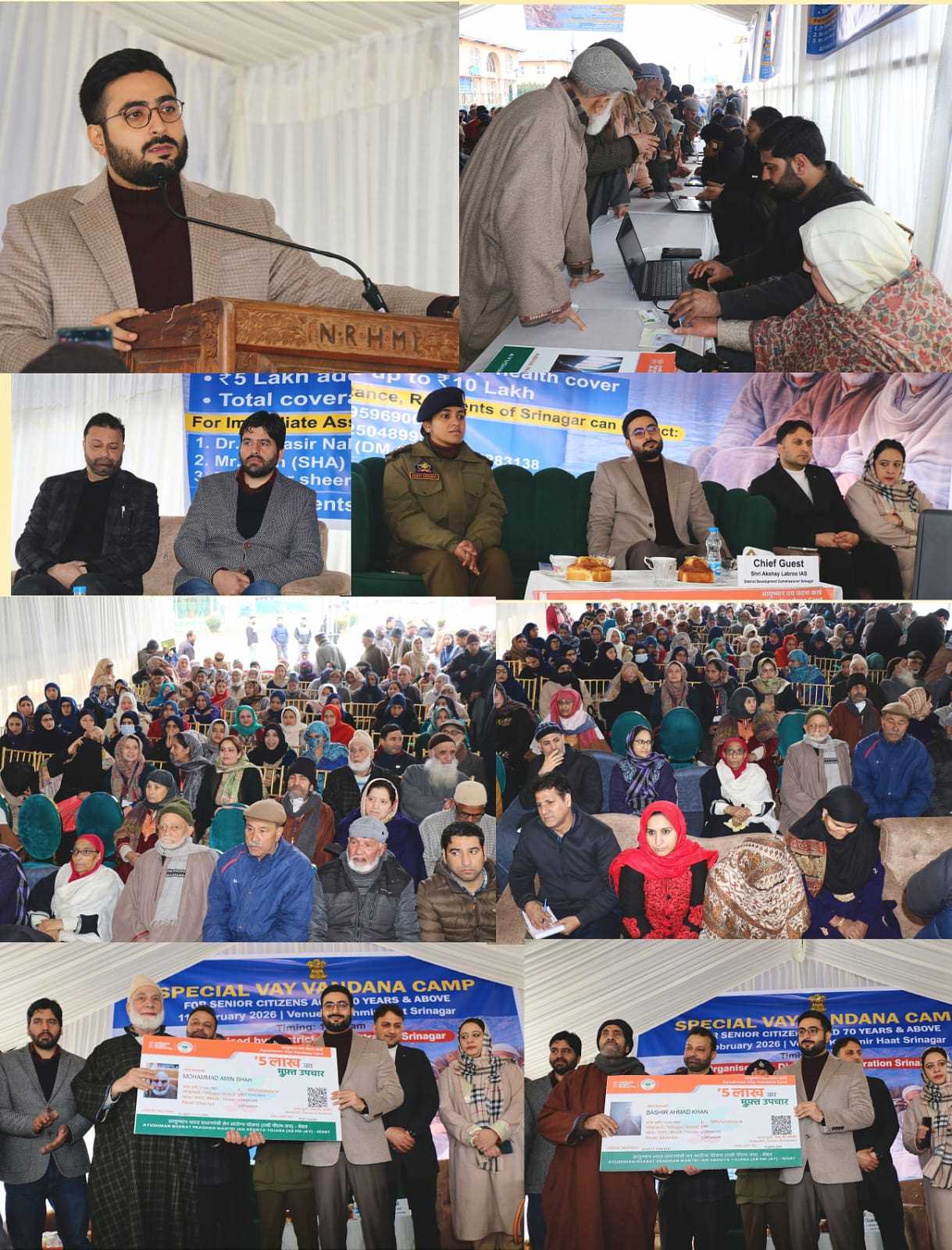We live in an age where information flows faster than thought. With a single tap, we can access facts, figures, and opinions from every corner of the world. Yet, despite this flood of data, genuine understanding feels rarer than ever. The world has become rich in information but poor in wisdom — and that imbalance defines our modern dilemma.
Information is everywhere — in news feeds, classrooms, and conversations. It’s instant, endless, and easy to find. But knowledge is different. Knowledge grows slowly, shaped by reflection, experience, and judgment. It connects ideas, not just collects them. Where information tells us *what*, knowledge helps us see *why* and *how*.
The danger of this age is mistaking access for insight. A student can Google any answer, but that doesn’t mean they understand the question. We scroll through headlines, memorize facts for exams, share statistics in debates — yet rarely pause to think deeply. The ability to *find* something has begun to replace the effort to *learn* it.
True education doesn’t end at information; it begins there. Teachers today face a harder task than ever — not just providing knowledge, but helping students navigate noise. The skill now is discernment: to separate truth from trend, substance from surface. The most educated person is not the one who knows the most facts, but the one who can interpret them wisely.
Information is power only when it becomes knowledge — when it shapes character, guides decisions, and serves humanity. Without that transformation, it’s just noise, easily forgotten or misused.
Our challenge, then, is not to collect more, but to understand better. The modern learner must slow down, question sources, and think critically. Knowledge demands patience — the willingness to listen, doubt, and synthesize.
As we race toward a more connected world, perhaps the greatest wisdom lies in learning to pause — to turn data into depth, and information into meaning.
Email:------------------------su200860@gmail.com






